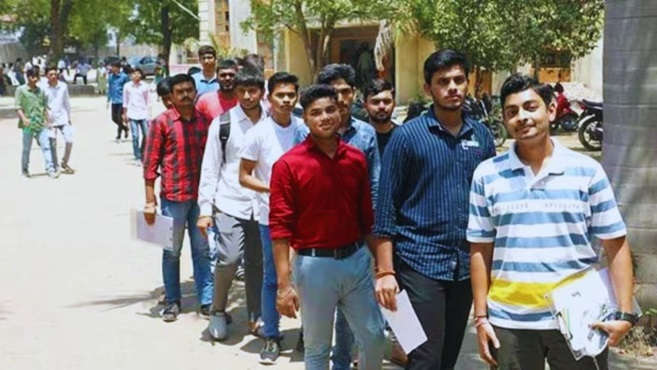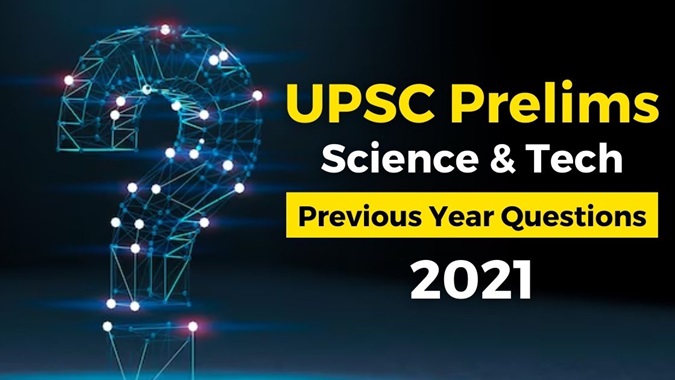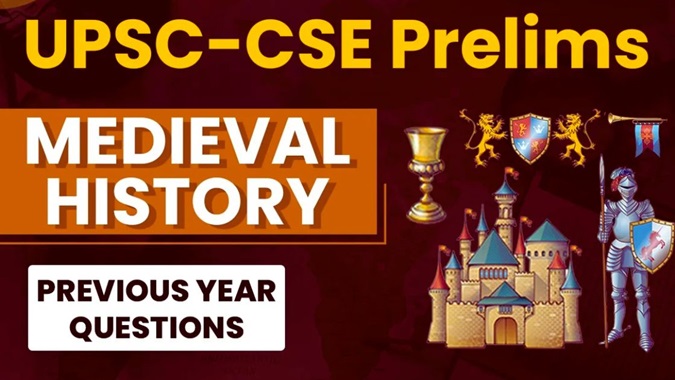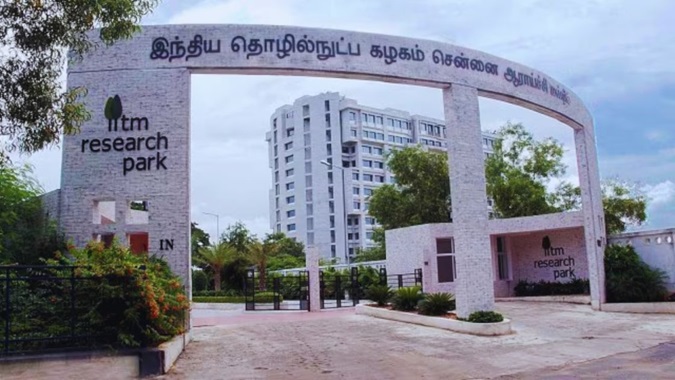The Staff Selection Commission (SSC) has officially released the notification for the Combined Graduate Level (CGL) Examination 2024. This announcement brings a plethora of opportunities for aspirants, with approximately 17,727 vacancies available across multiple departments. The application process commenced on June 24, 2024, and will remain open until July 24, 2024. Interested candidates can register at the official SSC website, ssc.gov.in.
Examination Overview
Examination Structure
The SSC CGL 2024 examination will be conducted in two tiers:
- Tier 1 Examination: Scheduled to take place between September and October 2024.
- Tier 2 Examination: Slated for December 2024.
Recruitment Details
The recruitment process aims to fill various Group ‘B’ and Group ‘C’ positions in different Ministries, departments, organizations of the Government of India, as well as various constitutional bodies, statutory bodies, and tribunals. The allocation of posts will be based on the merit-cum-preference of posts as specified in the notification.
Important Dates
- Start of Application Process: June 24, 2024
- End of Application Process: July 24, 2024
- Crucial Date for Age Determination: August 1, 2024
Eligibility Criteria
Age Limit
The crucial date to determine the age of the candidates is August 1, 2024. This means that applicants must meet the age criteria as of this date to be eligible for the SSC CGL 2024 examination.
Educational Qualification
Candidates who are in their final year of graduation are also eligible to apply. However, they must possess the essential qualification on or before the cut-off date, which is August 1, 2024.
Registration Process
One-Time Registration (OTR)
All candidates wishing to apply for the SSC CGL 2024 must generate their One-Time Registration (OTR) on the new SSC website, ssc.gov.in. It is important to note that the OTR generated on the old website, ssc.nic.in, will not be functional for the new website.
Application Procedure
Once the OTR is generated on the new website, it remains valid for all future examinations applied for on the new platform. Candidates can then proceed to fill out the application for the SSC CGL 2024 examination following the OTR completion.
Detailed Examination Pattern
Tier 1 Examination
Syllabus and Exam Pattern
The Tier 1 exam consists of four sections:
- General Intelligence and Reasoning
- General Awareness
- Quantitative Aptitude
- English Comprehension
Each section carries equal weight, and the exam is conducted online with multiple-choice questions.
Tier 2 Examination
Syllabus and Exam Pattern
The Tier 2 exam is more specialized and includes the following papers:
- Quantitative Abilities
- English Language and Comprehension
- Statistics (for certain posts)
- General Studies (Finance and Economics) for certain posts
This tier also includes descriptive papers and is conducted online.
Selection Process
Merit-Cum-Preference
Candidates will be shortlisted based on their performance in Tier 1 and Tier 2 examinations. The final allocation of posts will be done on a merit-cum-preference basis. This means that candidates’ preferences for posts, as indicated during the application process, along with their examination scores, will determine their final postings.
Preparation Tips
Understanding the Syllabus
Candidates should thoroughly understand the syllabus and examination pattern to strategize their preparation effectively. Prioritizing sections based on personal strengths and weaknesses can significantly enhance performance.
Regular Practice and Mock Tests
Regular practice through mock tests and previous years’ question papers is crucial. This not only helps in understanding the exam pattern but also in managing time efficiently during the actual examination.
Time Management
Effective time management is key to cracking competitive exams like SSC CGL. Allocating specific time slots for each section and adhering to them can greatly improve efficiency and performance.
Resources and Study Material
Recommended Books
- General Intelligence and Reasoning: “A Modern Approach to Verbal & Non-Verbal Reasoning” by R.S. Aggarwal
- General Awareness: “General Knowledge” by Lucent
- Quantitative Aptitude: “Quantitative Aptitude for Competitive Examinations” by R.S. Aggarwal
- English Comprehension: “Objective General English” by S.P. Bakshi
Online Resources
- SSC’s official website for updates and notifications
- Online forums and study groups
- Educational platforms offering mock tests and practice papers
The SSC CGL 2024 notification opens doors to numerous opportunities for graduates aspiring to work in various government departments and ministries. With 17,727 vacancies up for grabs, thorough preparation and timely application are crucial. Candidates are encouraged to stay updated with official notifications and start their preparation early to secure a position through this prestigious examination. For detailed information and updates, visit ssc.gov.in.
FAQs
1. Can final year students apply for SSC CGL 2024?
- Yes, final year students can apply for SSC CGL 2024, provided they possess the essential qualification on or before the cut-off date, August 1, 2024.
2. What is the age limit for SSC CGL 2024?
- The age limit varies for different posts. Candidates must check the detailed notification on SSC’s official website for specific age criteria for each post. The crucial date to determine the age is August 1, 2024.
3. How to generate OTR on the new SSC website?
- Candidates can generate the One-Time Registration (OTR) by visiting ssc.gov.in and following the instructions provided. It is a one-time process required before applying for any SSC examination.
4. Can I edit my application form after submission?
- Yes, the SSC provides a correction window during which candidates can make necessary corrections to their application forms. The exact dates for this correction window will be mentioned in the official notification. It’s crucial to ensure that all details are accurate before final submission to avoid any discrepancies.
5. What documents are required during the application process?
- Candidates need to upload scanned copies of their photograph and signature during the application process. Additionally, they should have their educational certificates, identity proof (like Aadhaar card, Voter ID, etc.), and other relevant documents handy for reference. It’s also advisable to keep a copy of the application form and fee payment receipt for future reference.









